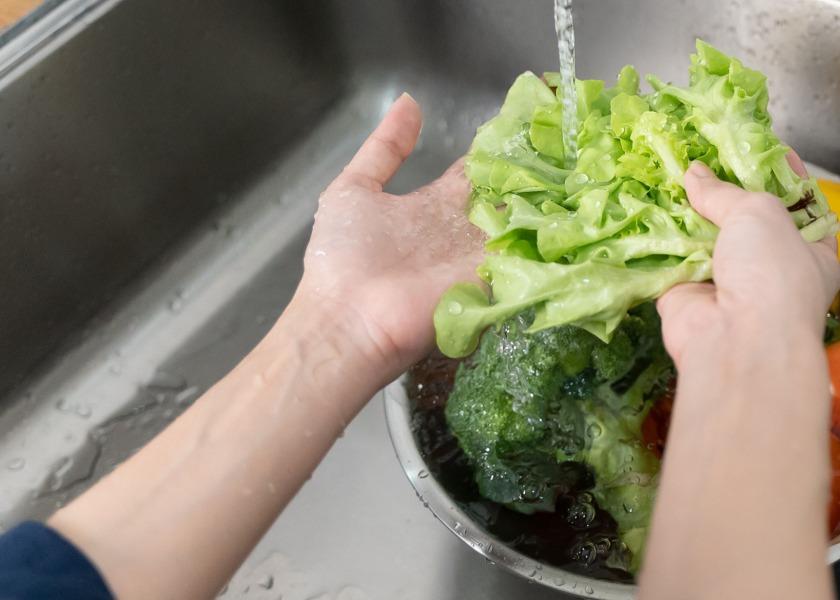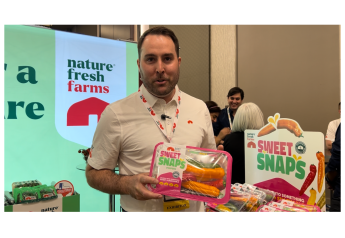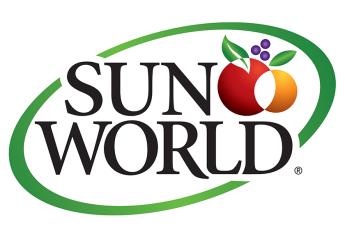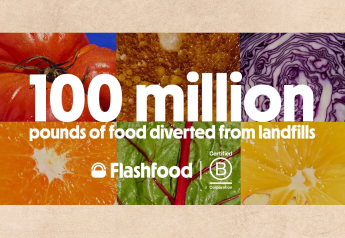USDA says nearly all fresh produce meets EPA standard for pesticide residue

Consumers can feel confident that fresh fruits and vegetables are safe to consume, according to the USDA's annual food pesticide residues report, published Dec. 21 in collaboration with the Environmental Protection Agency.
The 2021 Pesticide Data Program report showed that over 99% of food samples tested for pesticide residues were within EPA tolerance levels.
In 2021, a total of 423 samples were reported to the Food and Drug Administration as being over the EPA tolerance level. In 54 of the test samples, pesticide residues exceeded the EPA’s tolerance level, including the following fresh fruits and vegetables:
-
Green beans – 31 samples exceeded
-
Winter squash — seven samples exceeded
-
Peaches — five samples exceeded
-
Fresh blueberries — four samples exceeded
-
Celery — two samples exceeded
-
Eggplant — three samples exceeded
-
Broccoli — one sample exceeded
-
Pears — one sample exceeded
Other takeaways for fresh produce:
-
Imported produce made up 24 of 54 samples with pesticide residues exceeding EPA tolerance levels.
-
One green bean sample contained three pesticides exceeding the EPA’s established tolerances.
-
373 fresh fruit and vegetable samples registered pesticide residues for which no tolerance was established.
Each year, USDA and EPA work together to identify foods to be tested on a rotating basis. In 2021, 10,127 samples were tested from 19 different fresh or processed fruits and vegetables, dairy and grains. The program partners with cooperating state agencies to collect and analyze pesticide residue levels on selected food commodities.
The goal of the annual sample data is to support regulators, farmers, processors, manufacturers, consumers and scientists with clear and accurate insights into the levels of pesticide residues found on widely consumed foods.
Related news: How Wegmans has built a 'strong food safety culture'
USDA tests a wide variety of domestic and imported foods, with a strong focus on foods that are consumed by infants and children. EPA relies on this data to conduct dietary risk assessments and to ensure that any pesticide residues in foods remain at or below levels established by the agency.
The annual pesticide residue results are sent to the FDA and EPA in monthly reports as testing takes place throughout the year. FDA and EPA are immediately notified if a Pesticide Data Program test discovers residue levels that could pose a public safety concern.







